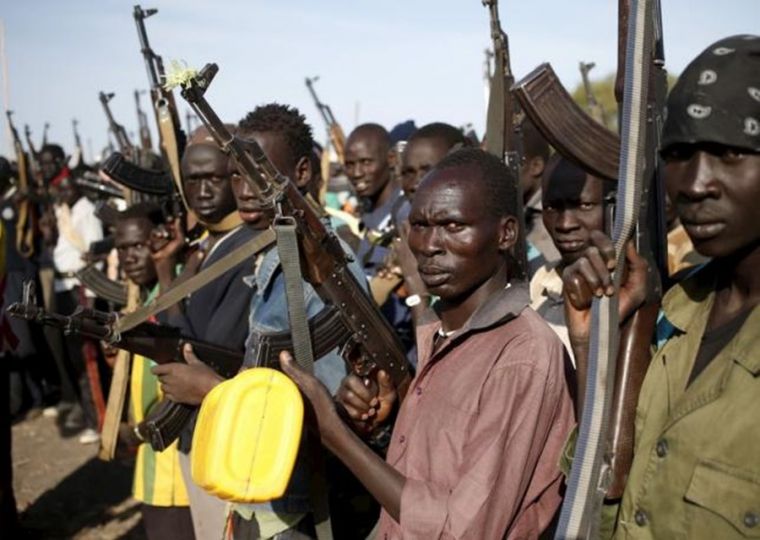Vatican representative tells U.N.: Church must help prevent conflicts, foster peace in Africa

At a time when thousands of people in Africa are suffering due to the conflicts in different parts of the continent, the Roman Catholic Church and other religious groups can definitely do their share in making sure that these conflicts are prevented and peace maintained as much as possible.
This was the message of Archbishop Bernardito Auza, the Permanent Observer of the Holy See to the United Nations, during his address to the U.N. Security Council last Thursday.
In his speech during an open debate on peace-building in Africa, Archbishop Auza said the Church can do a lot to elevate the living conditions of residents in conflict-affected areas.
"The Catholic Church in Africa contributes directly to conflict prevention and peace-building through the capillary presence of its tens of thousands of institutions, like hospitals and dispensaries, schools and other centres of formation," the Roman Catholic official said, as quoted by Vatican Radio.
"Catholic humanitarian and charitable agencies work in all countries of Africa in various arenas, such as fostering village dialogues, providing emergency assistance and building small business capacities," he added.
Archbishop Auza also urged the U.N. Security Council to do its best to stop the illegal arms trade in the continent, which has already caused the loss of thousands of lives.
"The proliferation of weapons simply aggravates situations of conflict and results in a huge human and material cost, which profoundly undermines the search for peace," Auza explained.
"Peace-building can only be effective if human rights are promoted and fostered, if the human dignity of every human being is recognised and protected, and if we all stick together in mutual solidarity, leaving no one behind," the archbishop added
He further affirmed the Roman Catholic Church's belief that "to achieve sustainable peace, it is necessary to bring people together concretely in dialogue, so that opposing positions can be fairly and equally heard and agreed solutions can be found and implemented."











